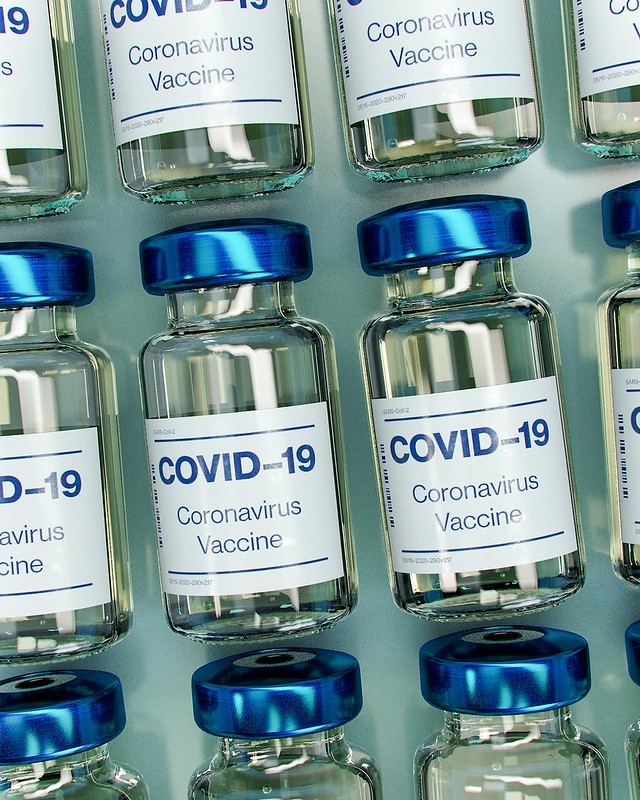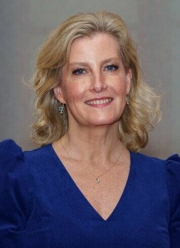
In a testimony given at the Covid Inquiry, Professor Mark Woolhouse, a top scientist and member of the Scientific Pandemic Infections group on Modelling (SPI-M), warned that the next
pandemic could be even more deadly than Covid. While emphasizing that he did not want to be seen as a "doom-monger," Professor Woolhouse urged the UK to be better prepared for future health crises.
Reflecting on the Covid outbreak, Professor Woolhouse stated that it was not at the top of the scale in terms of potential pandemics. He expressed concern that the next outbreak could be significantly worse and highlighted the importance of comprehensive preparations that encompass a range of different outbreaks, including those beyond influenza.
During the inquiry, Professor Woolhouse explained, "It may be that next time — and there will be a next time, I don't know when, it may be quite some time in the future — we will be dealing with a virus that is much more deadly and is also much more transmissible, in which case actually the things we did to control Covid wouldn't work anyway."
He emphasized the need for the government to take the possibility of a more challenging pandemic seriously and to be adequately prepared. Professor Woolhouse stressed that the damage caused by the Covid pandemic should serve as a reminder of the potential risks posed by future outbreaks.
The Covid Inquiry has been addressing the UK's pandemic response and has heard from various experts who have highlighted the lack of preparedness for a broader range of pandemics. Professor Woolhouse compared the strategy of solely focusing on influenza-like outbreaks to betting on just one horse at the Grand National. He advocated for a more diversified approach that encompasses multiple scenarios.
The inquiry also discussed the communication between central government and local health authorities during the pandemic. Professor Jim McManus, President of the Association of Directors of Public Health, noted that there was often a lack of communication, with local health authorities finding out about guidance through public announcements rather than direct communication.
As the inquiry continues, the testimony serves as a reminder of the importance of comprehensive pandemic preparedness and effective communication between national and local authorities.








































